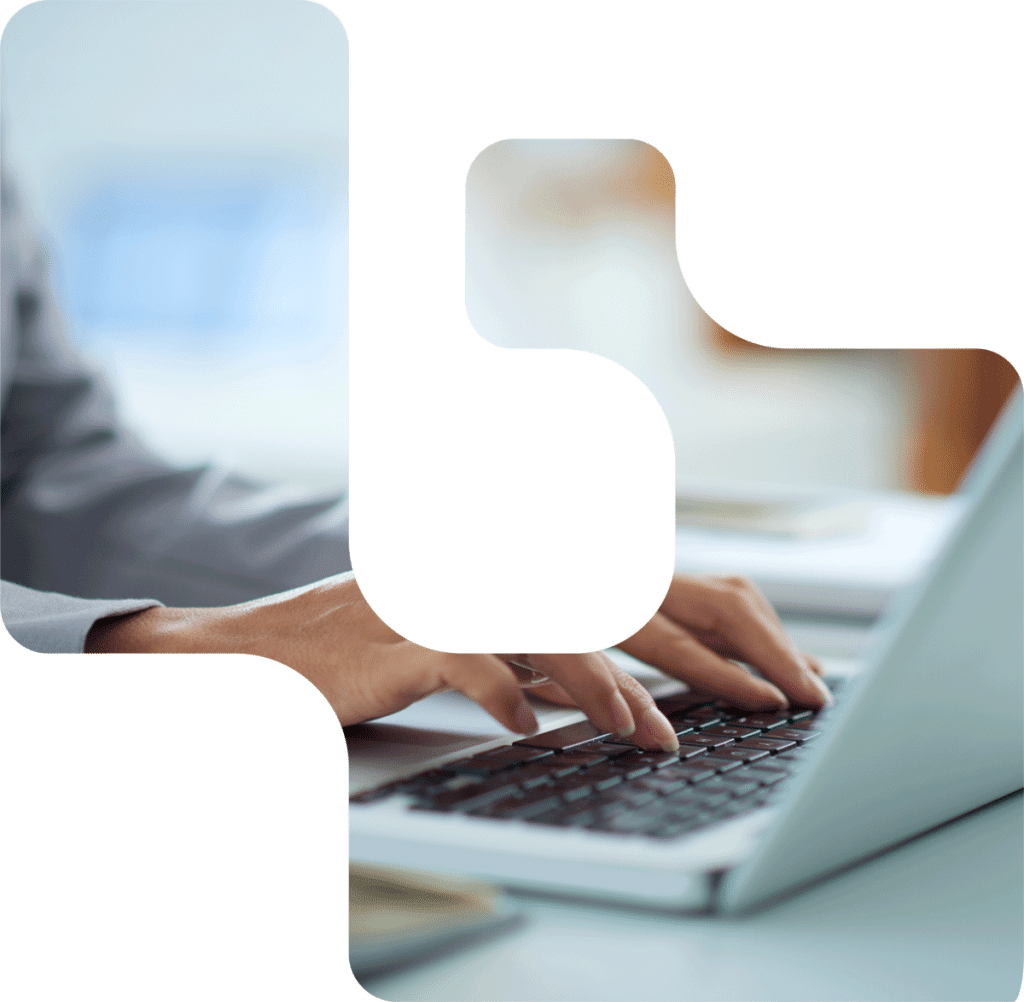Our SaaS customer invoice dematerialization solution
Artéva offers the services of Orchestrade®, a B2B digital platform in SaaS mode, to meet your customer invoice dematerialization needs, offering the automation of invoice sending and the centralization of electronic invoicing documents. It allows a connection with all market Information Systems (ERP, WMS, etc.) and proprietary, as well as the transmission of electronic invoices to all your customers via a single interface with your IS. In addition, Orchestrade allows the sending of invoices regardless of the format used (Factur-X, EDIFACT, PDF, XML, etc.) and ensures the electronic archiving of your invoices for 10 years.




